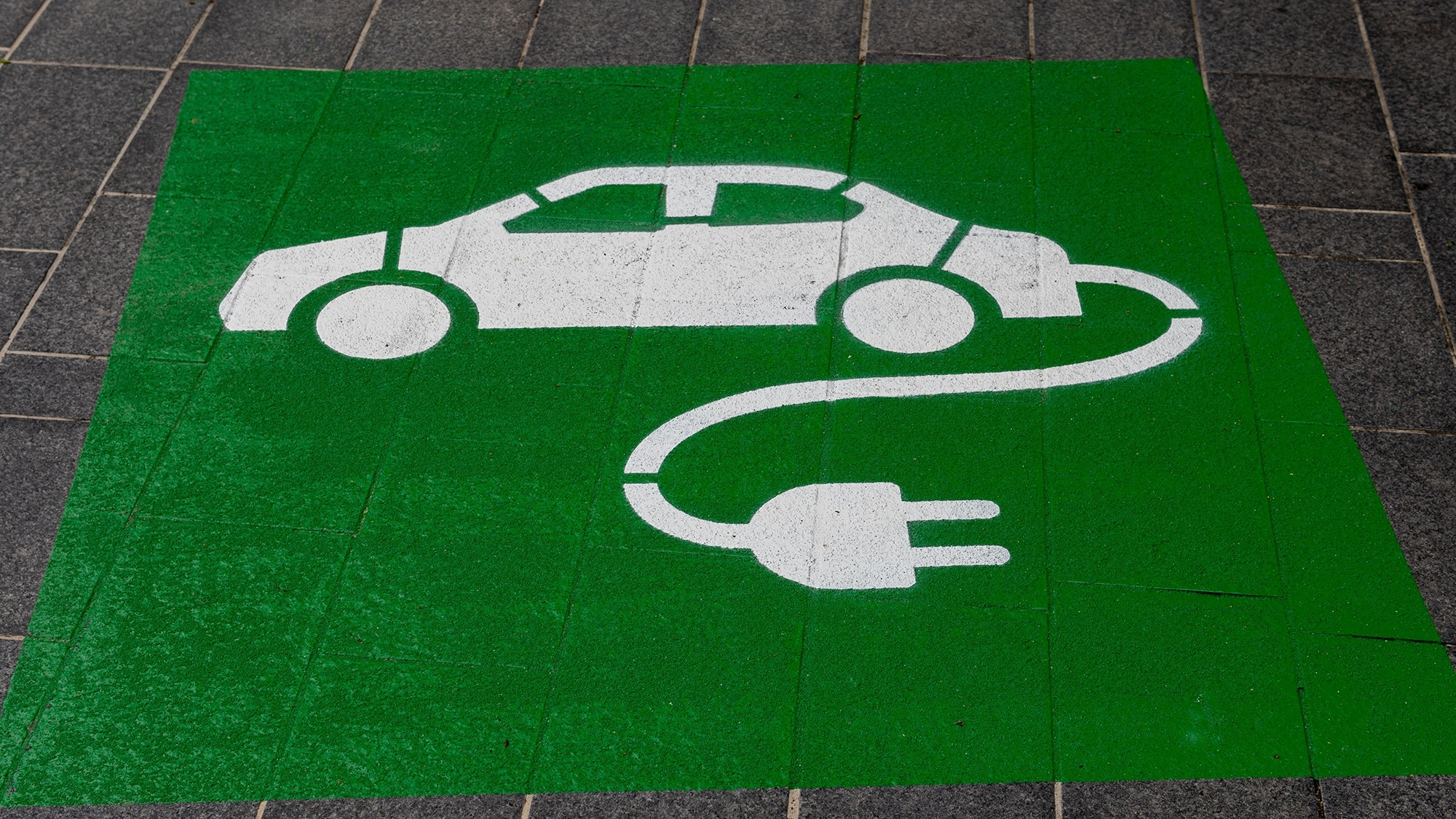Manufacturers will be forced to sell more electric vehicles in Canada

The objective of Government of Canada to ban the sale of petrol vehicles from 2035 has already caused a lot of ink, and the announcement made this morning will continue in the same vein. Canada is tightening the screws on car manufacturers by requiring them through regulations to reach a certain proportion of sales of electric vehicles (VE) in 2026, 2030 and 2035, otherwise they will face penalties that could cost them dearly.
This was the announcement made this morning by Julie Dabrusin, Parliamentary Secretary to the Minister of Natural Resources and Minister of Environment and Climate Change, along with Cara Clairman, CEO of the Ontario organization Plug’n Drive and Daniel Breton, CEO of Electric Mobility Canada.
The objective remains the same, namely 20% electric vehicles sold in Canada in 2026, 60% in 2030 and 100% in 2035, following the objective that had already been implemented last March by the government of Justin Trudeau. The difference now is that builders will face penalties under the Environmental Protection Act if they fail to meet set targets.

These measures aim to increase the availability of electric vehicles, which will have the effect of reducing waiting times, which can reach three years for certain specific models. The lack of availability is currently a barrier to the adoption of electric vehicles for a good number of motorists, says Ms. Dabrusin.
The parliamentary secretary assures that Canada has based itself on the sales targets that are currently in place in Quebec and British Columbia to develop its pan-Canadian program. According to her, the wait time for an electric vehicle is generally shorter in these two provinces due to the constraints imposed by the provincial governments.
For information, Quebec currently aims to reach 1.6 million electric vehicles on the roads of the province in 2030. This objective was tightened last June to impose, as of 2027, price constraints to force car manufacturers to sell more zero-emission vehicles in the province. Quebec estimates that with these measures, 22 to 25% of new vehicles sold in Quebec in 2025 will be electric, more ambitious figures than those just established by Canada.
For his part, Daniel Breton is delighted with the adoption of such regulations by Canada. According to him, this increase in available vehicles will ultimately improve the predictability of the Canadian auto market, provide consumers with better financing options and will also allow Canada to reach these greenhouse gas reduction targets. Greenhouse. Remember that the 2030 Emissions Reduction Plan established by the Government of Canada aims to reduce greenhouse gas emissions by 40% below 2005 levels by 2030 and to reach carbon neutrality by 2050.
Penalties to be defined
As for knowing what penalties car manufacturers will face if they do not meet the new regulations in place, Ms. Dabrusin contented herself with saying that they would be similar to those currently governing polluting emissions. Basically, the further the sales figures are from the target, the bigger the penalty will be.
Impossible, however, for the moment to know how much they will be encrypted. A consultation process will begin in the coming weeks, once the regulations are tabled on December 30, in order to establish the details. Ms. Dabrusin, however, suggests that automakers are used to this kind of regulation, and that they were consulted before the announcement was made.
For the third quarter of 2022, sales of zero emission vehicles in Canada – including electric vehicles and plug-in hybrids – reached a record 9.4%.












